Probiotics are a vital part of our digestive health, but what exactly do they do? How can you make sure you’re getting enough to keep your gut biome healthy? What foods will maximise the amount of probiotics in your stomach, and how do supplements factor into this? In the guide below, you can learn all you need to know about probiotics, and how to make sure they work for you.
What Are the Benefits of Probiotics?
Probiotics are live bacteria that are safe to be consumed. Bacteria normally make people think of getting sick, but probiotics work within our digestive systems to make sure our stomach’s biome remains balanced. Probiotics are known to help fight IBS, inflammatory bowel disease, and diarrhoea caused by viruses, bacteria, and taking antibiotics. They may also show improvements in certain skin conditions, keeping immune systems strong and healthy, and mental health conditions like anxiety, depression, and memory problems. With so many great benefits, adding more probiotics to your diet will likely make you feel even better than you do now!
What is the gut biome?
The gut biome is made up of all of the different microbiotics that live in your body. Hundreds of species of microbiotics work together within your stomach to help with digestion of food and absorption of nutrients that your body uses to ensure you stay at your healthiest. Increasing the amount of certain bacteria in your gut biome-- usually probiotics-- can help fight health issues and make your digestive system stronger and healthier.
How to Get the Most out of Probiotics
Before you begin your journey with probiotics, consider the following tips that will help you get the most out of them:
- Make sure you’re conscious of how food is meant to be stored. Not only is eating improperly stored food dangerous on its own, it can kill the live cultures in food and make them useless.
- There are many different strains of probiotics. Doing some research and consulting a medical professional will help you make sure you take the right strain to help with your specific health needs.
- There are a number of other foods that may conflict with probiotics and reduce their efficacy. Carbonated beverages that are heavy in sugars or artificial sweeteners can kill the beneficial bacteria before it reaches your intestines. Red meat contains choline, a nutrient that can produce a bacteria which is bad for gut health. Foods with a lot of refined oils, such as corn oil, canola oil, and soybean oil, contain a high amount of omega-3 fatty acids. While these can be good for your body in small doses, too much can cause a decline in gut health.
Best Food Sources of Probiotics
Probiotics can be found in many common foods-- you probably have many of these foods in your fridge and pantry already! The main thing to look for when shopping for probiotic-rich foods is ‘live cultures’-- this means that the food contains live bacteria that will integrate into your gut biome and improve your digestive health.
What Are the Best Breakfast Foods for Probiotic Intake?
For a quick dose of probiotics in the morning, you can reach for yoghurt. All yoghurt contains live cultures, and makes for a quick, easy meal on the go. Cheeses that contain live cultures are also a good option. Look for raw, unpasteurized cheeses. Cheddar may have as many probiotics as a serving of yoghurt. Gruyere, feta, and Gouda also contain probiotics.
If you want something a little fancier, look into making overnight oats with Greek yoghurt! Mix Greek yoghurt, uncooked oatmeal, and your favourite dried fruit in a container and store it in the fridge overnight. If you’d like, you can add a little honey, maple syrup, or cinnamon for a sweeter flavour. Another option is to spread cottage cheese (regular or whipped) on toast. Cottage cheese is high in probiotics, and can be dressed up to be savoury or sweet, depending on what you like!
What Are the Best Vegan Foods for Probiotic Intake?
Dairy is a quick way to get a high amount of probiotics, but what about people who don’t eat dairy? Whether it’s because of a medical need, or simply a dietary preference, there are plenty of vegan foods that will give you a boost of probiotics. In this instance, you want to look into foods that are fermented. Sauerkraut and kimchi are both cabbage-based dishes that ferment when other ingredients are added to it. This fermentation process leaves them rich in probiotics.
Tempeh is another great vegan option. Made from fermented soybeans, tempeh is an alternative to tofu that is higher in protein, fibre, and other nutrients – including probiotics! Swap out your traditional tofu for tempeh to get some extra probiotics with your meals.
Five Quick Probiotic Foods
Having probiotic-rich snacks around will make it easier to grab something healthy on the go. The key is to find foods that are fermented with lactic acid. While yoghurt is a commonly-known option, there are others you may not know about.
Buttermilk

Look for unpasteurized buttermilk, as pasteurisation will kill the good bacteria. Also, you won’t get any of the bacterial benefits from baking or cooking with buttermilk for the same reason, so it’s best to use it cold in a shake or alone as a complete food.
Kefir

This fermented milk drink may be a good option for anyone who is lactose-intolerant. Some research shows that the microorganisms in kefir survive stomach acid more effectively than from other sources.
Kombucha

Another probiotic-rich beverage, it’s made of fermented black or green tea. Because of this fact, you’ll get a double shot of health benefits with this drink as tea has been shown to be beneficial in fighting belly fat, regulating metabolism and contributing to the prevention of multiple types of cancers.
Kimchi and Sauerkraut

Nutrient-dense and packed with probiotics, these cabbage toppings may even help slow aging, prevent yeast infections and assist in weight loss efforts.
Pickles

Pickles are probably one of the most popular foods on this list, but there’s important distinctions to understand before counting them as a probiotic pick. If vinegar is part of a pickle’s ingredient list, it won’t contain probiotics. Also pickles with probiotics are found in the refrigerated section of the grocery store, so don’t be fooled by probiotic imposters that lack the bacterial benefits.
Are Probiotic Supplements a Good Alternative?
Probiotics supplements are available in many forms-- pills, powders, and liquids are just a few of the delivery methods. Many probiotic supplements include a prebiotic, which is like ‘food’ for the probiotics. This helps activate them in your gut so your probiotics flourish. Supplements can be taken in addition to adding more probiotic-rich foods to your diet.
Whether you decide to try supplements or simply add more probiotics to your diet with food and drink, your stomach will thank you! Your gut health will improve and you may see improvements in other parts of your body as well.


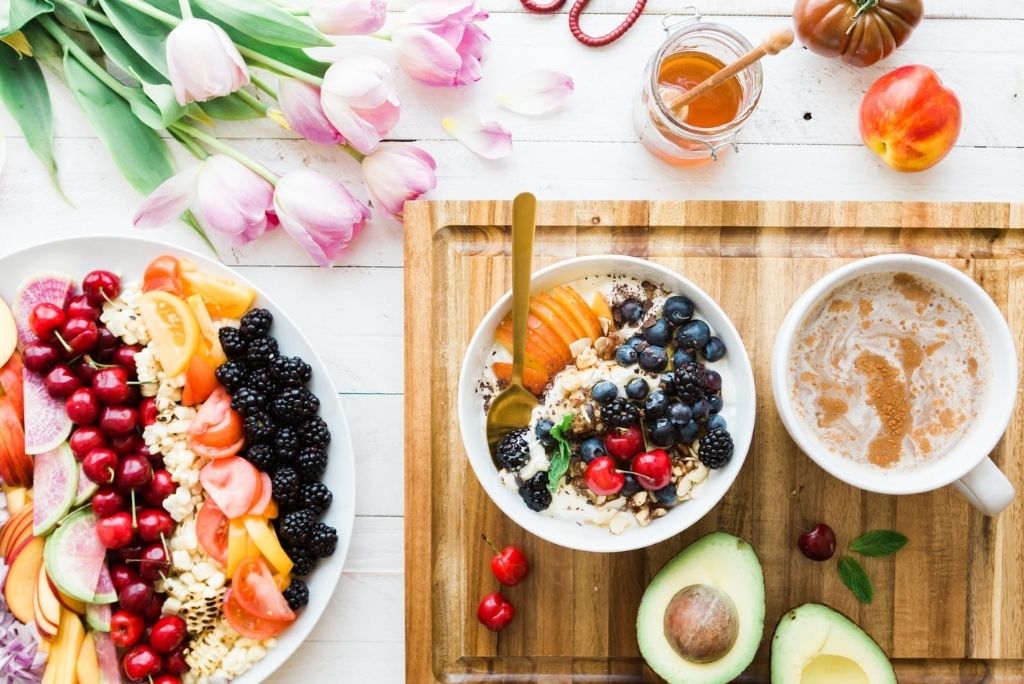


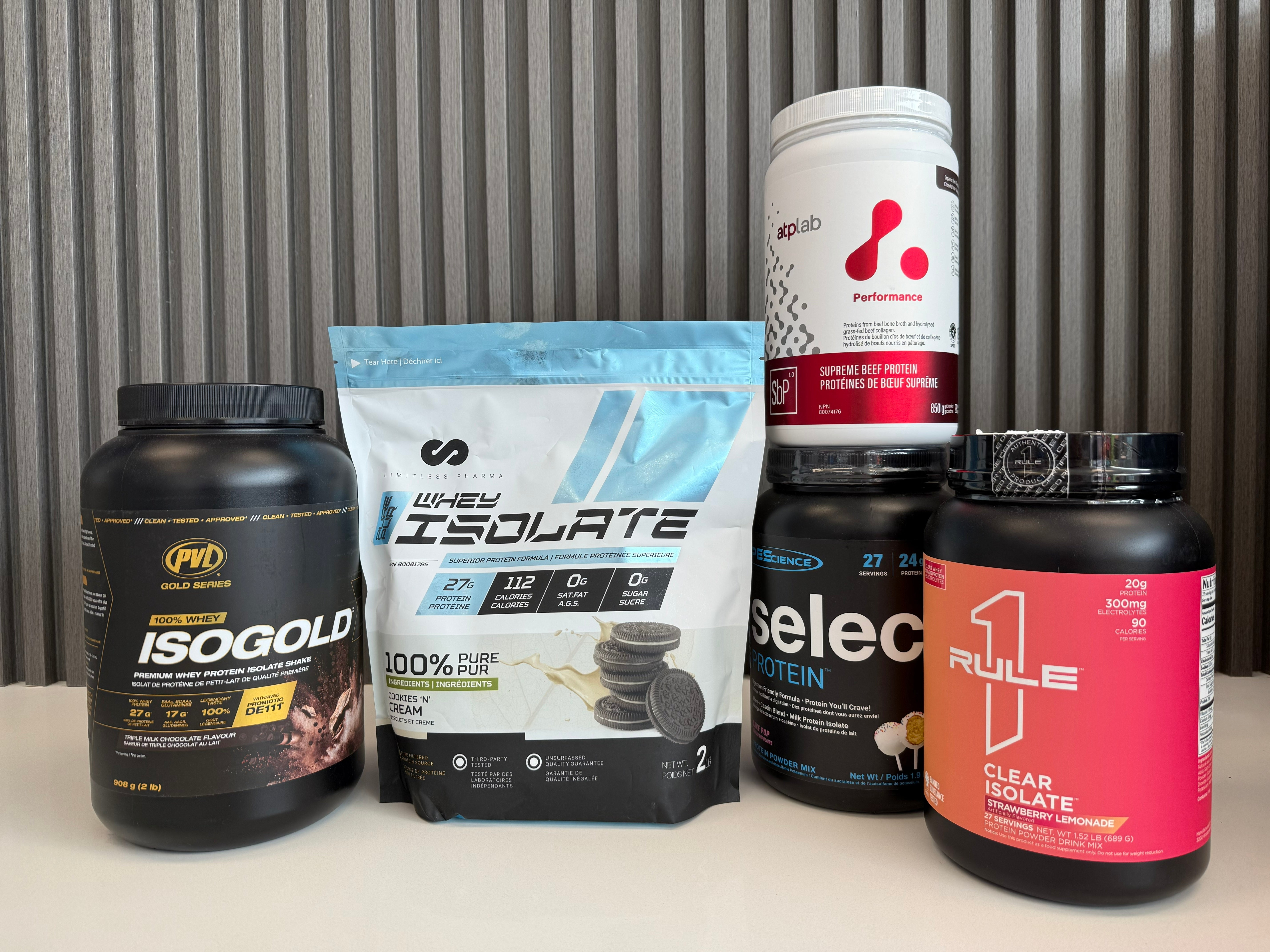
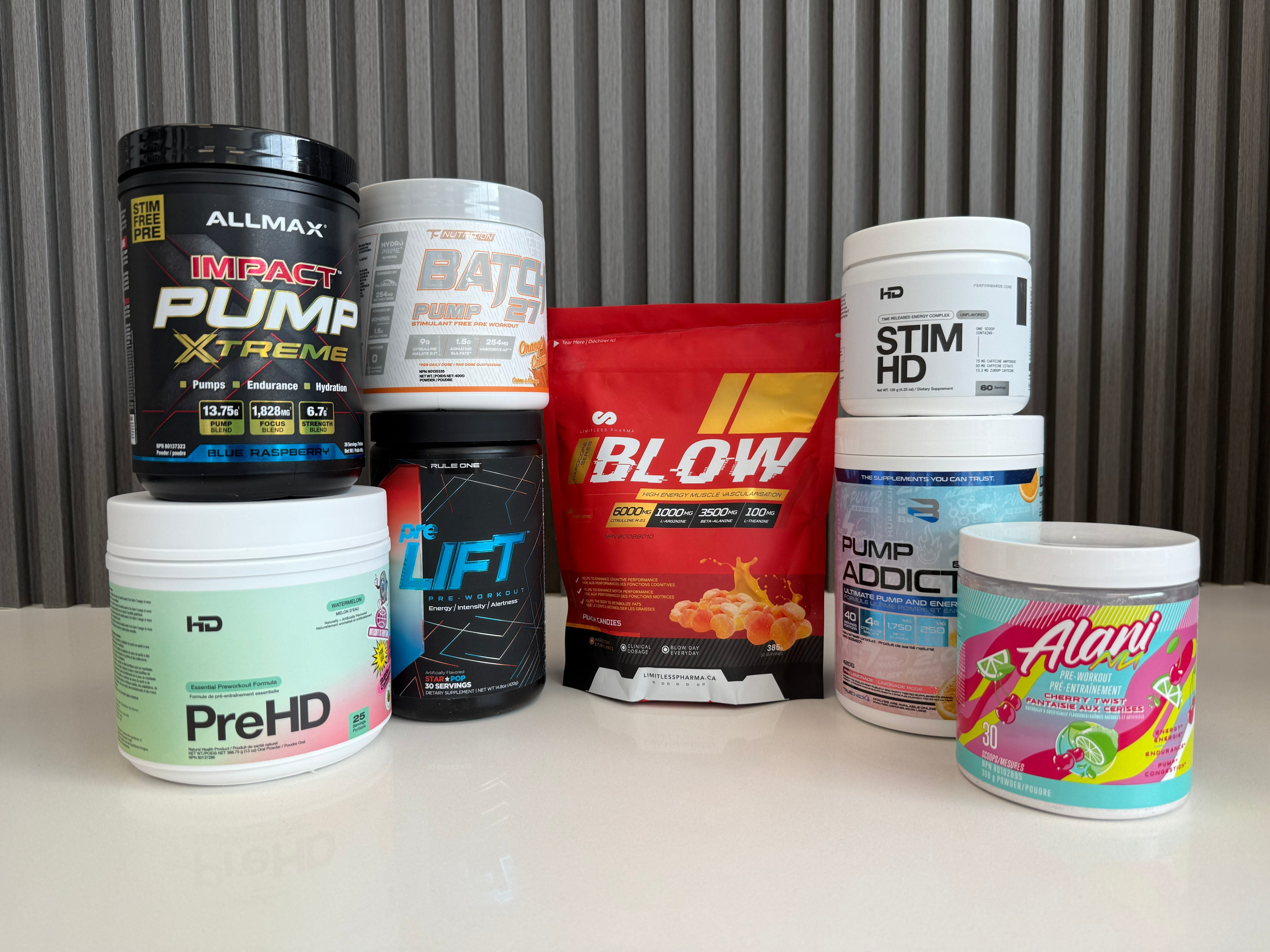
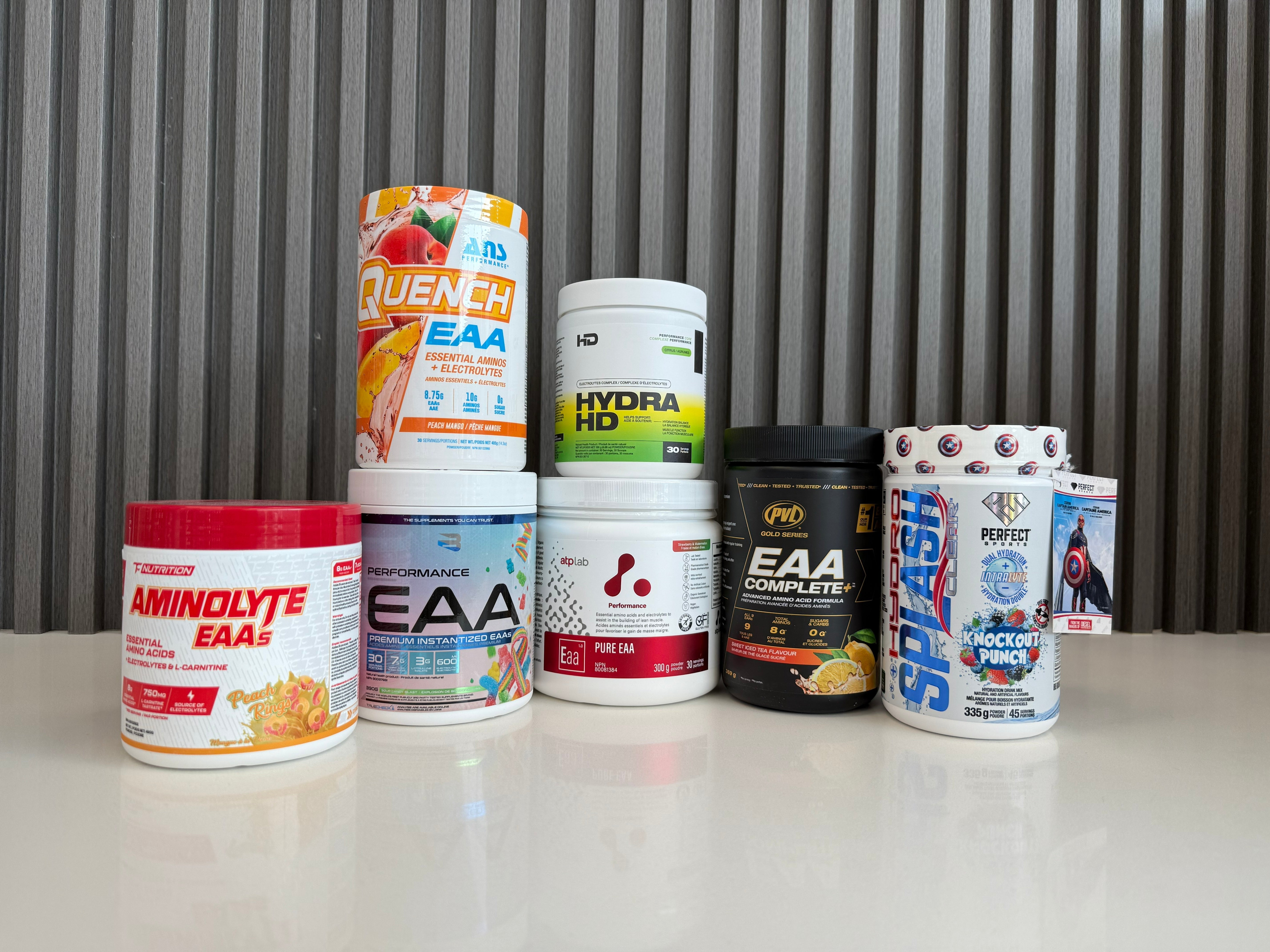
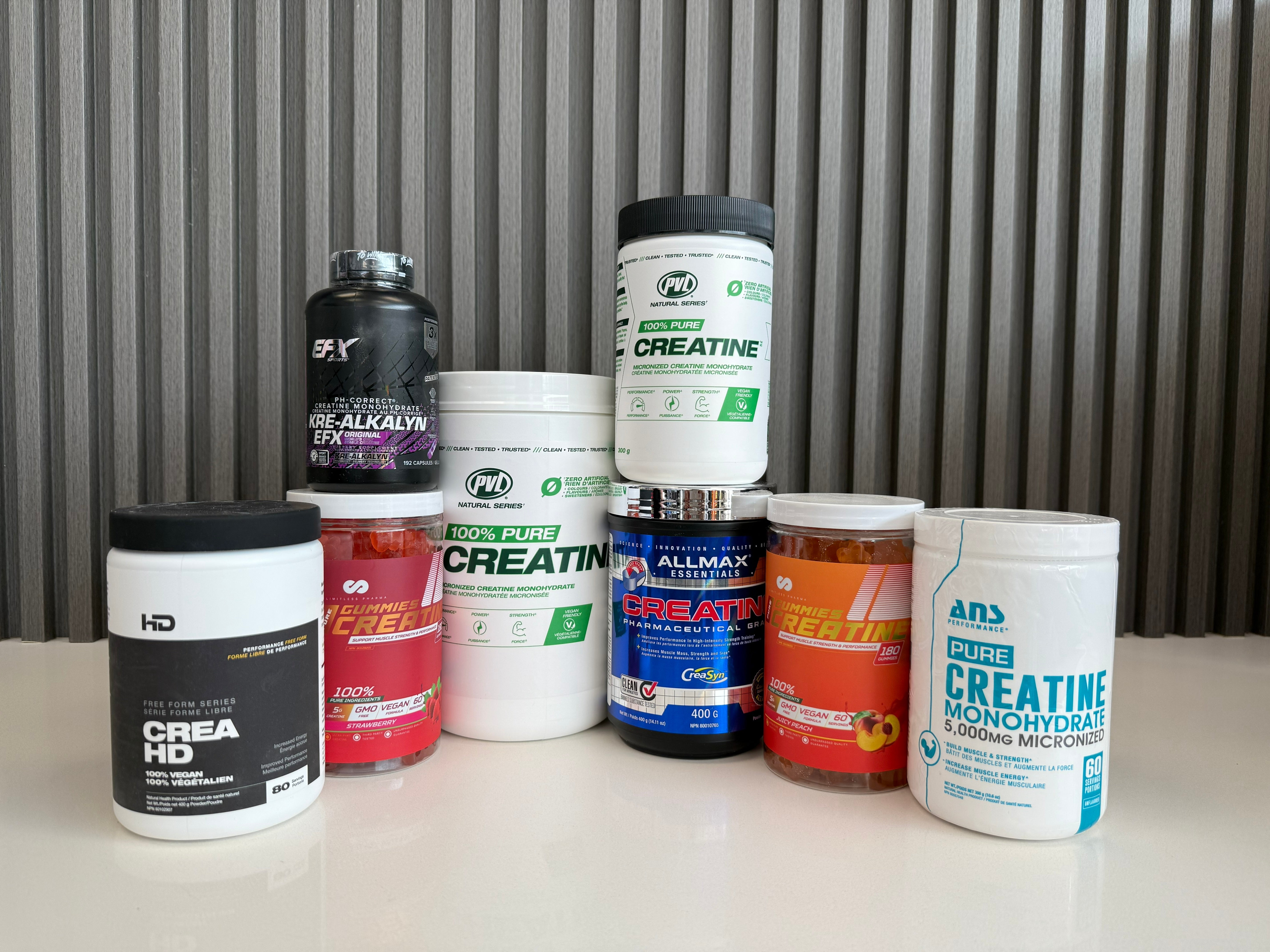
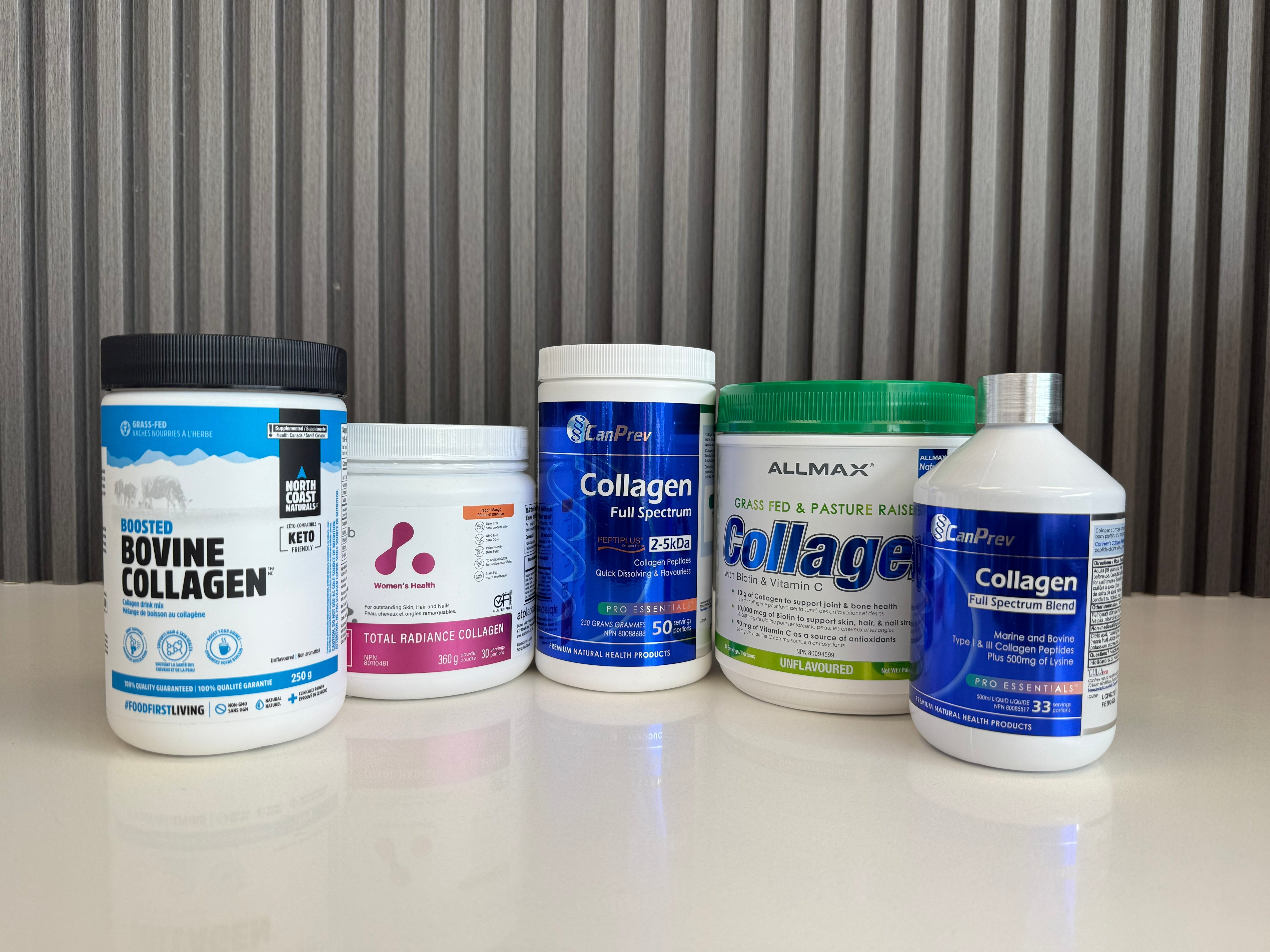
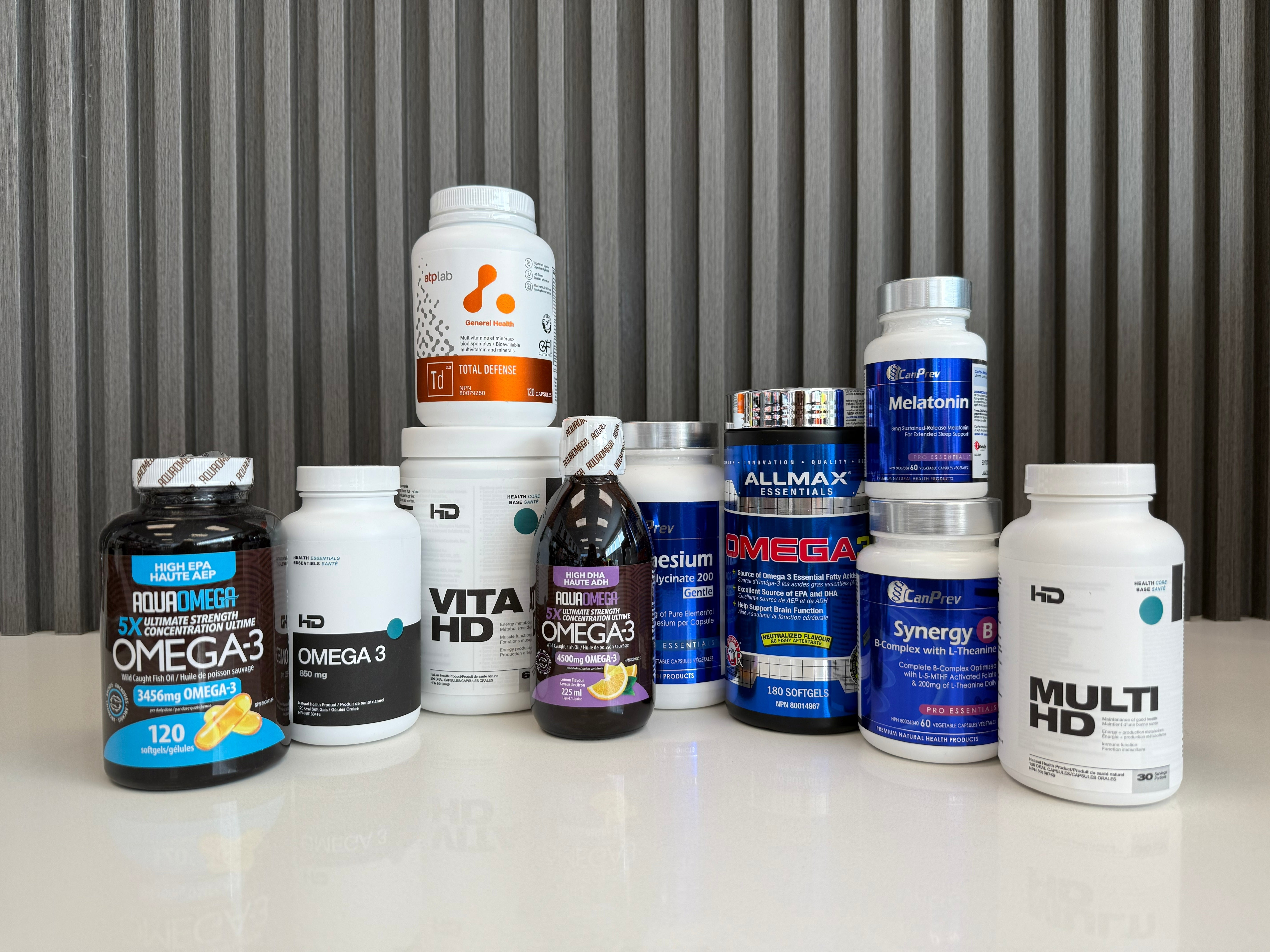
Leave a comment
All comments are moderated before being published.
This site is protected by hCaptcha and the hCaptcha Privacy Policy and Terms of Service apply.